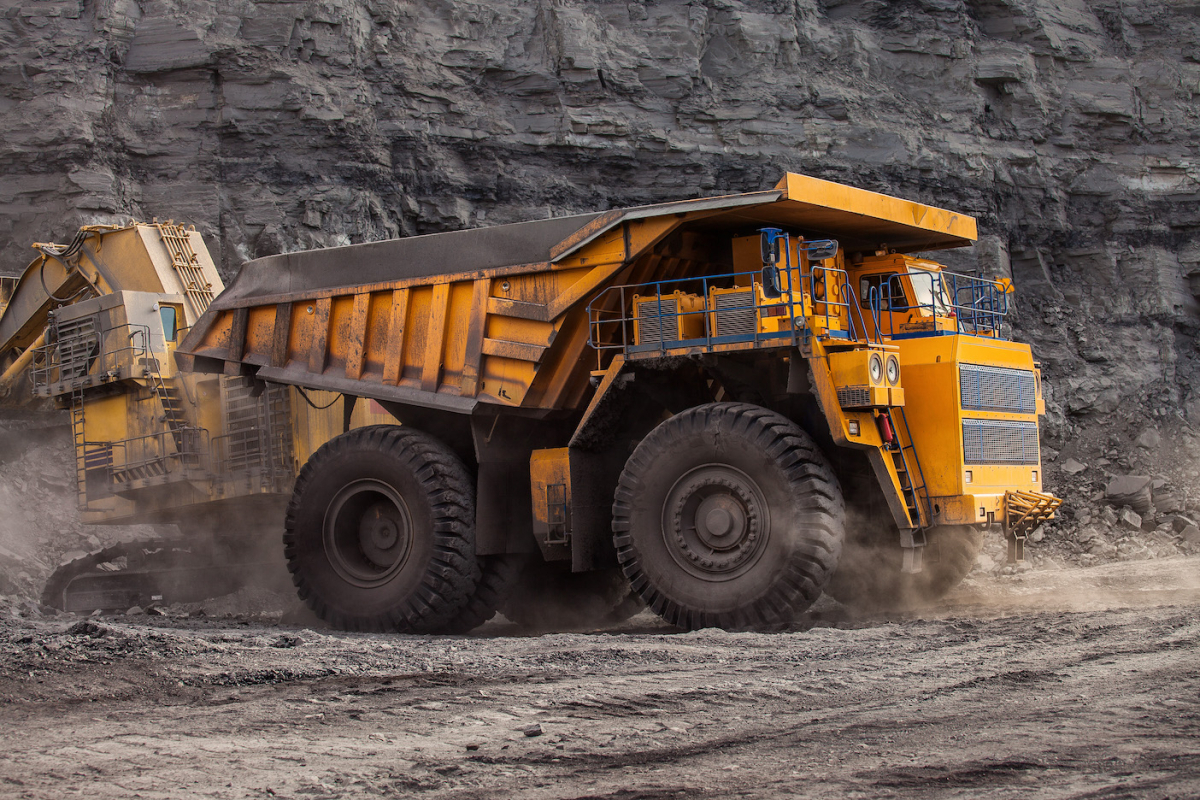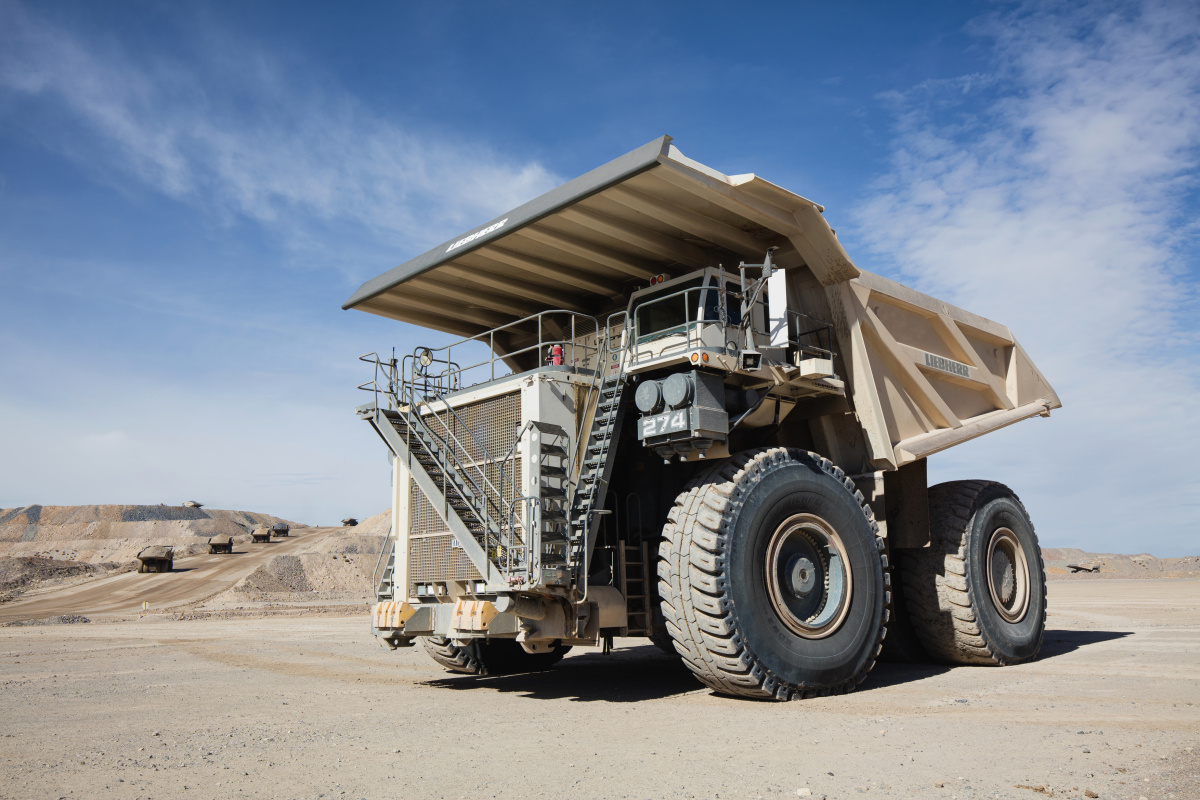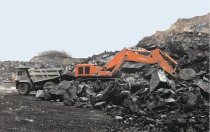Implementation of McLaren Applied’s Fuel Analytics Service in PT Pamapersada Nusantara (PAMA) mining operations
14.11.2023As the world looks to make the difficult yet vital transition to a sustainable future, the transformation of crucial sectors such as transport, construction and manufacturing will be key. In order to facilitate the scale of change needed, however, vast quantities of raw materials will still be required.
From lithium and cobalt for electric vehicle batteries, to bauxite and cadmium for solar panels, mining will play an integral role in securing the resources needed to transform society. It is therefore critical that the mining industry itself is equipped with the tools to decarbonise as rapidly as possible, allowing it to lead the way in enabling a more sustainable future for us all.
 Mining haul truck
Mining haul truck
© McLaren
To that end, PT Pamapersada Nusantara (PAMA), one of Indonesia’s largest mining contractors, has partnered with cutting-edge British technology and engineering company, McLaren Applied, to immediately expedite the process of decarbonising its operations.
With fuel representing 25 to 30 % of a mine’s operating expenses, any gain in efficiency can have a large impact on pollution, productivity and costs. Such gains are hard won, with PAMA haul trucks capable of carrying around 100-tons of mined material over steep, uneven ground operating in a dynamic environment which requires constant analysis. Ever-changing variables such as payload, weather, terrain and route all affect the driving technique required to ensure maximum efficiency.
While the widespread introduction of electrified or hydrogen-powered mining trucks remains some way off, the application of accurate, real-time fuel analytics can represent a cost-effective way to make an instant impact on both consumption and emissions, increasing efficiency and accelerating decarbonisation.
Solution
While traditional fuel analytics can only provide mine managers with performance reports for the previous day or shift, too late to keep pace with the rapidly changing situation, McLaren Applied’s cutting-edge Fuel Analytics Service is far more advanced.
Formula 1-derived technology collects detailed live data from multiple sensors onboard PAMA’s fleet of mining trucks, transmitting it to cloud-based servers and using it to inform a powerful machine learning-based algorithm.
The Fuel Analytics Service references the data received against a full digital model of the mine, using specially developed AI tools to instantaneously calculate what changes the driver should make to optimise fuel efficiency.
Learning from the behaviours of the most efficient drivers over the last three-days’ worth of data, the model instructs vehicle operators in real time, offering live feedback to ensure optimal driving, maximising efficiency and minimising fuel consumption in any conditions. With different drivers’ styles better suited to various aspects of the dynamically changing environment, the most efficient among them may not always be the same, providing all employees with an opportunity to learn and improve.
The latest information is used to regularly re-train the model, providing optimised recommendations for each new driving shift. The compound effect of this feedback loop means that individual drivers that follow the recommendations become more efficient. This, in turn, helps the F1-derived algorithm to teach the entire group to match their improved results, enabling further efficiency increases and extracting maximum driving performance, just as is the case for their counterparts at the pinnacle of motorsport.
What’s more, only those drivers objectively analysed to be performing less efficiently require manual intervention from mangers, saving time and money by allowing better-performing employees to continue working while lower performers benefit from more focussed training.
Since implementing McLaren Applied’s Fuel Analytics Service on the trucks at its MTBU mine, data has shown fuel savings of up to 4.5 % across the selected cycles or routes versus a control group of drivers not yet using the system. Extrapolated across the total fuel required to operate PAMA’s mining operations each year, the potential for immediate and impactful efficiency gains is clear.
When examined more granularly, the top 25 % of PAMA’s drivers using Fuel Analytics were found to save up to 6.5 % in fuel and carbon emissions, while simultaneously improving their cycle time by 5.6 % as well.
This remarkable improvement in productivity in particular, achieved thanks to the Fuel Analytic Service’s real-time recommendations, demonstrates how smoother, more consistent inputs can reduce braking and acceleration, benefitting both speed and efficiency. Through further training and familiarisation, these drivers could realise even greater gains, while their colleagues could also reach similar levels of improvement.
The already impressive efficiency gains seen to date can be further linked to key secondary benefits. Reduced maintenance requirements and costs, thanks to decreased wear and tear on the mechanical components of the heavy trucks due to smoother, less frequent inputs, will lead to long-term positive financial and operational outcomes.
Results
- 6.5% fuel and carbon savings by 25 % of drivers
- Cycle time improved by 5.6 %
- Maintenance time and cost reduced
Next steps
McLaren Applied’s Fuel Analytics Service has proven to be so successful that, just nine months after its introduction, PAMA is in the process of expanding its use to a second site. The technology, which is demonstrating its instant impact today, will remain applicable even once the electric and/or hydrogen trucks enter service, with the gains in efficiency offered by the service continuing to offer cost, productivity and efficiency improvements for years to come.
Pak Hendra Hutahean, Vice President Director at PAMA, said: "The immediate impact of McLaren Applied's Fuel Analytics Service has helped to improve both the productivity and efficiency of our operations. We are delighted with the results so far and look forward to implementing the technology across further sites once the expected performance at the second site is proven.”



